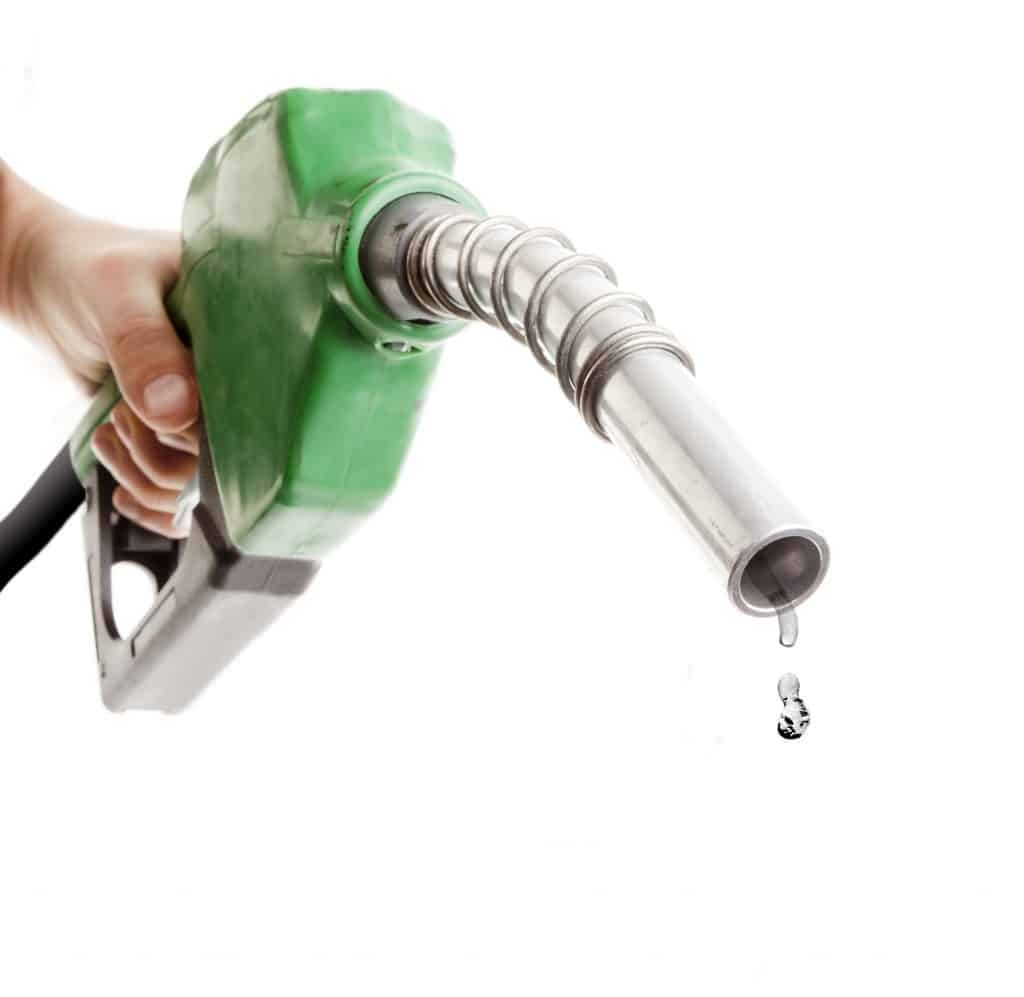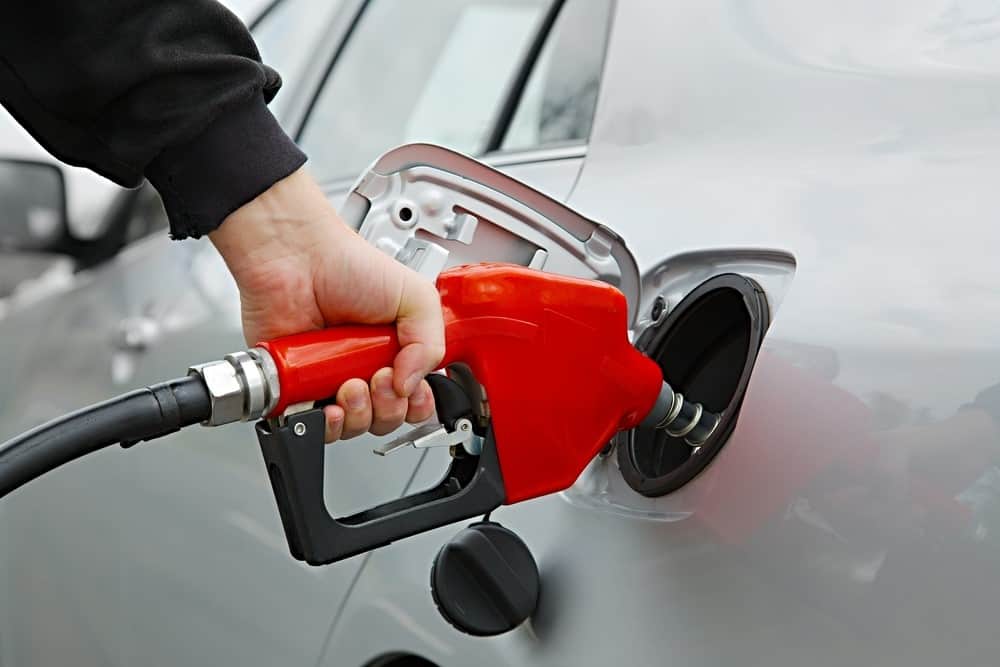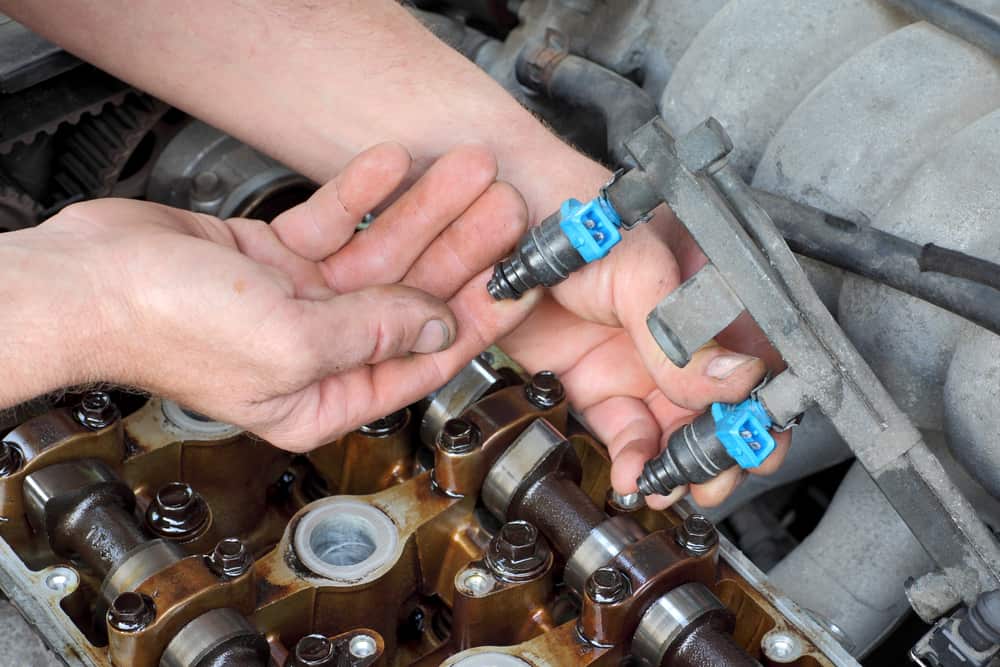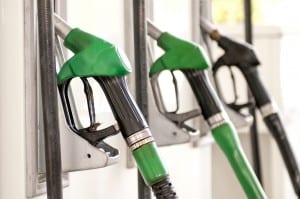
Many of us are feeling the pinch. The rising costs of fuel and the stagnant nature of UK wages means that most car owners are looking to make those savings where-ever possible. Whilst you cannot control the price of petrol, you can control how much you use and work towards a reduction strategy in four key areas.
In this article, we explore some of the quickest, simplest and easiest steps you can take towards becoming a less fuel dependent motorist, and see some real savings in your pocket.
Continue reading



 Most modern cars run on petrol or diesel fuel. This is contained in a tank usually located at the rear of the car. It needs to be regularly filled in order for the car to run. In order to ensure the good performance of your vehicle you should always try to keep your petrol tank at least 20% full – any less than this and impurities at the bottom of the tank can get into your
Most modern cars run on petrol or diesel fuel. This is contained in a tank usually located at the rear of the car. It needs to be regularly filled in order for the car to run. In order to ensure the good performance of your vehicle you should always try to keep your petrol tank at least 20% full – any less than this and impurities at the bottom of the tank can get into your .png)